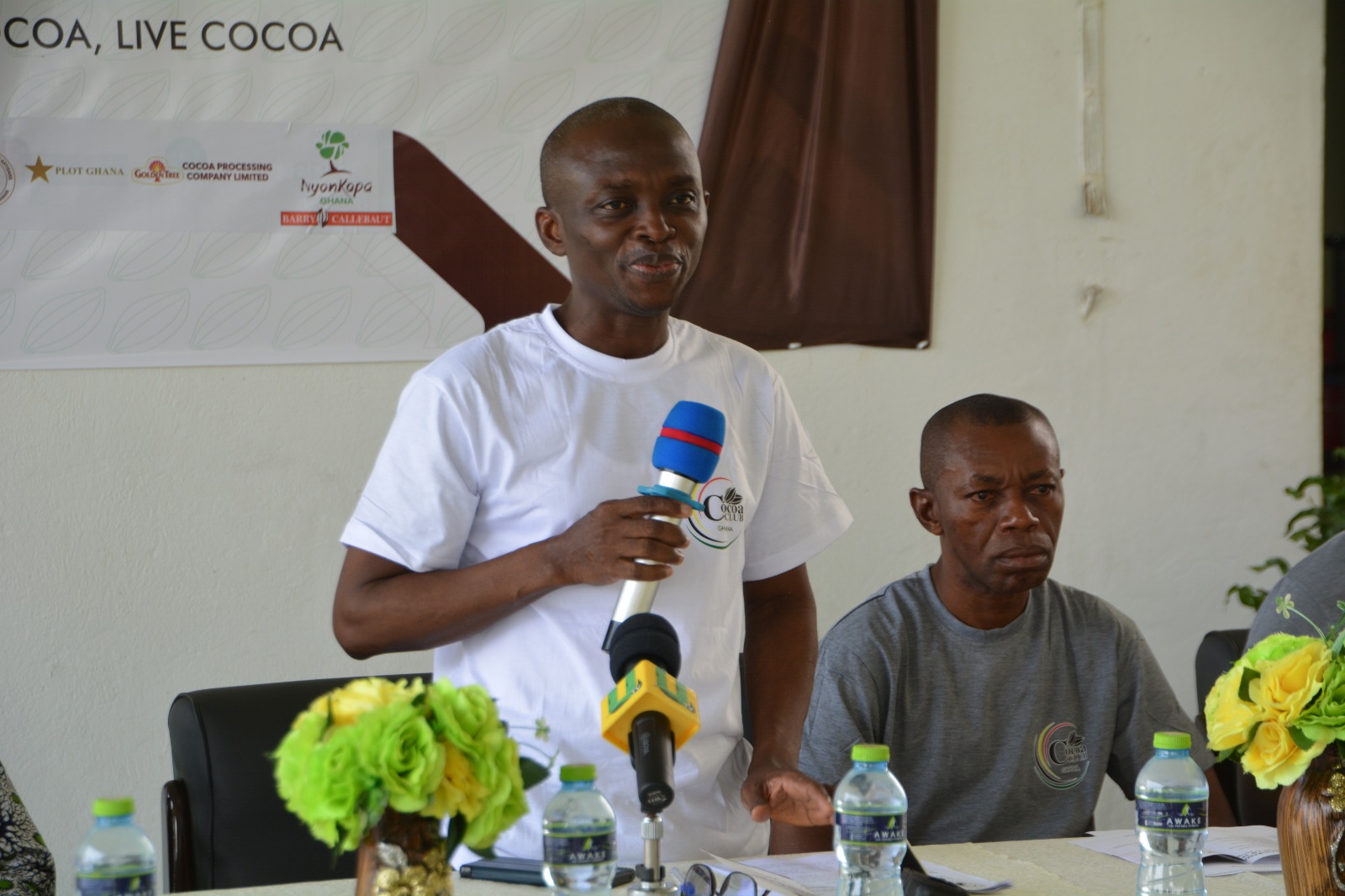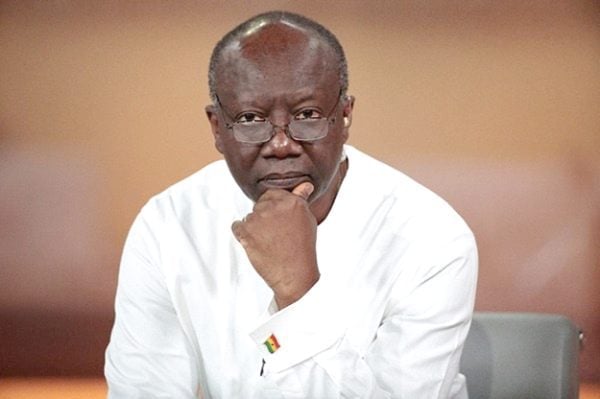
By Anthony Apubeo, GNA
Kpantarigu (UE), Nov 12, GNA – Four Solar Panels have been installed at the Kpantarigu basic school in the Bawku West District of the Upper East Region to provide electricity to aid the teaching and learning of Information and Communication Technology (ICT).
The panels, valued at $4,000 was given by Mr Francis Abugbilla, a 33 year-old Doctor of Philosophy (PhD) student at the Jackson School of International Studies, the University of Washington, Seattle, United States of America, who is also a native of the community.
The four solar panels are connected to the Kpantarigu Primary and Junior High Schools, the six-bed room teachers’ quarters and a charging station for the members of the community to charge their gadgets.
The donation was aimed at improving general academic performance in both the Primary and Junior High Schools of the community and help make teaching and learning of ICT more practical for the pupils to understand.
Speaking at the inaugural ceremony of the project, Mr Abugbilla explained that the University had an educational fund called Marcy Migdal Fund for Educational Equality at Center for Global Studies in which they award $1,000 grant to two students annually, who had compelling stories on improving education either locally in the US or anywhere around the world.
He said he took part in the contest in 2018 and won alongside another student and used his money to purchase a solar panel, battery and an inverter to power the JHS section of the school to enable them use the computers that were given to them by the Ghana Education Service in 2015.
In 2019, he said, through social media appeals, he was able to raise about $4,000 ,which he used to purchase the current four solar panels that were installed at the primary, JHS, teachers’ quarters and a charging station for the community, adding that, “the four new solar panels are not compatible with the one installed last year, so we have to remove that one and install only the four.”
The International Relations student said the community was yet to be connected to the national grid and therefore the school had no access to electricity to power the computers.
He expressed optimism that with the provision of the solar panels, it would enable pupils to go back to the school to study especially in the night, which would go a long way to improve their academic performance and make them compete well with their colleagues from other schools.
Whilst thanking the University of Washington and those who supported the project, Mr Abugbilla who is now in his final year, said NASCO ICT Computers in Spain was ready to supply the school with 45 computers, but the school did not have an ICT laboratory.
Mr Abugbilla therefore appealed to the District Assembly, Non-Governmental Organisations, philanthropists to assist the school to build an ICT laboratory to enhance effective teaching and learning and challenged the children to use the light to study to improve their academic performance.
Mr Issaka Halidu, the Assistant Head teacher of the JHS, thanked Mr Abugbilla and said the power was a big relief as the school had 25 rlg computers but could not put them into use.
Mr Halidu, who is also the ICT teacher, explained that he used to carry 10 laptops home to charge so that they could use them the following day for ICT lessons.
Ms Justina Akurugu, a JHS three pupil expressed happiness about the gesture and said the installation of the solar panels greatly improved their understanding on the subject.
Three pupils were awarded solar lamps, while another three were also awarded notebooks for winning a current affairs quiz competition Mr Abugbilla organized for them.
Read Full Story


























Facebook
Twitter
Pinterest
Instagram
Google+
YouTube
LinkedIn
RSS